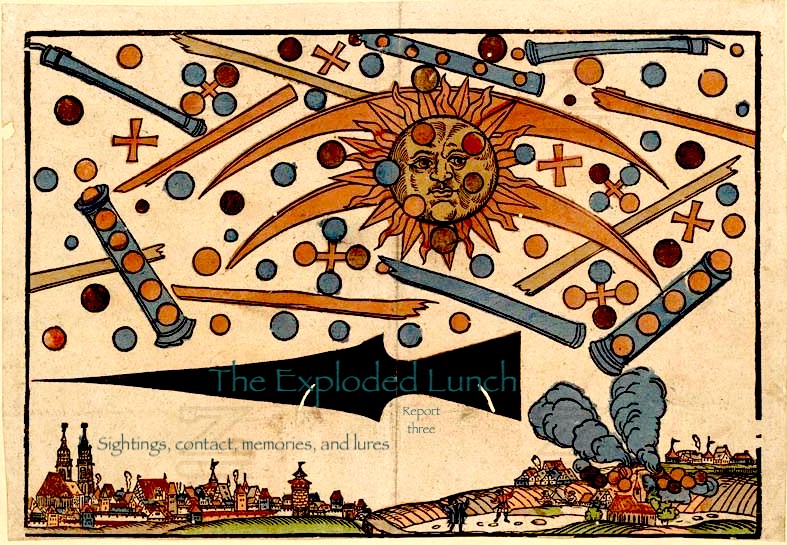Dominic Smith continues his research on High Strangeness. Please read his extensive introductions to each report to gain better understanding, but also to find leads to further studies.
I quote from the introduction to Report three:
“There is a procedure in cognitive psychology, it is called the Deese–Roediger–McDermott (DRM) Paradigm. Named after the initials of the three psychologists and researchers who developed and refined it. It is used to determine an individual’s susceptibility to the formation of false memories. I was hesitant to mention this test. The idea that some people are more at risk of forming false memories than others feels problematic. I am concerned by the thought that we could potentially diminish an individual’s experience or distress once they fail this test. “





You must be logged in to post a comment.